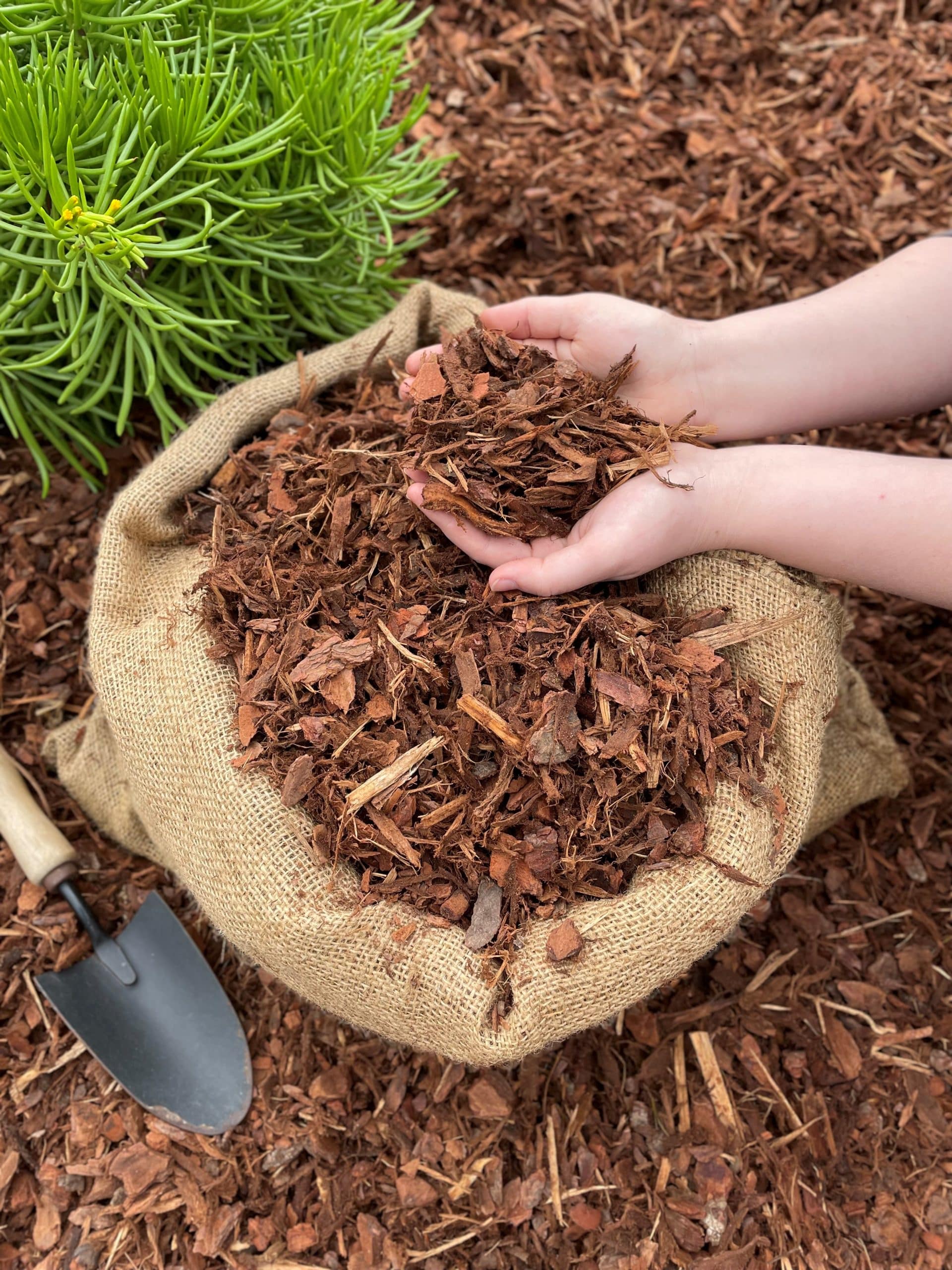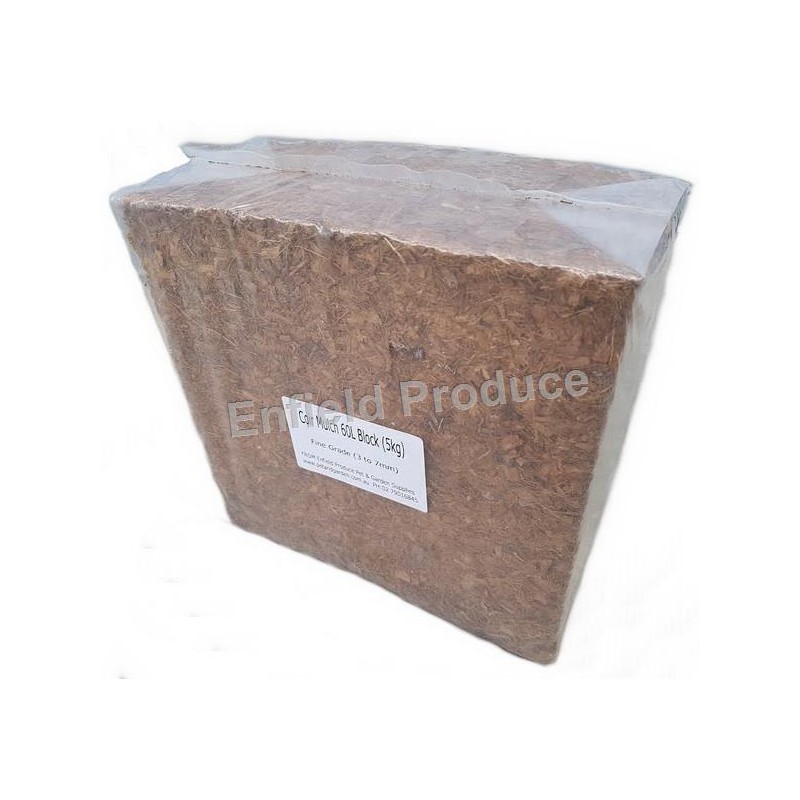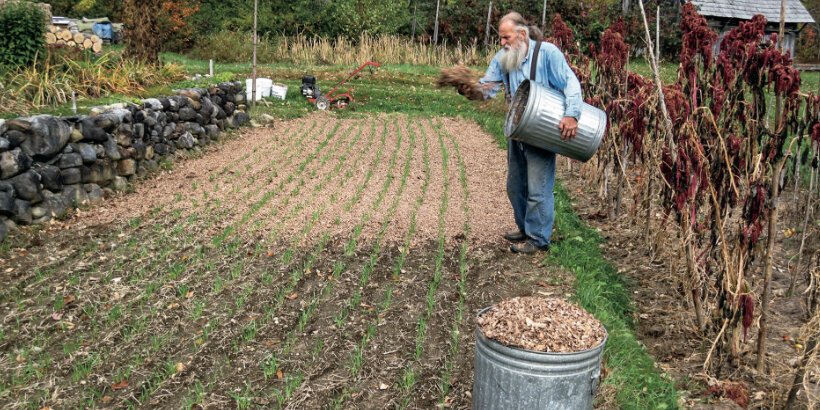Suburban Lawn And Garden Mulch: Everything You Need To Know
Mulch is a layer of organic or inorganic material that is spread over the soil surface in gardens and landscaping beds. It serves a variety of purposes, including:
- Retaining moisture: Mulch helps to keep the soil moist by preventing evaporation. This is especially important during hot, dry weather.
- Suppressing weeds: Mulch creates a barrier that blocks sunlight from reaching weed seeds, making it difficult for them to germinate.
- Protecting plants from the elements: Mulch can help to protect plants from extreme temperatures, wind, and rain.
- Improving soil health: Mulch can help to improve the drainage and aeration of soil, as well as add nutrients.
- Attracting beneficial insects: Mulch can attract beneficial insects, such as earthworms and ladybugs, which help to control pests.
There are many different types of mulch available, including:
- Organic mulches: Organic mulches are made from plant materials, such as bark, wood chips, leaves, and straw. They are generally considered to be the most beneficial type of mulch, as they break down over time and add nutrients to the soil.
- Inorganic mulches: Inorganic mulches are made from materials such as rocks, pebbles, and gravel. They are not as beneficial to soil health as organic mulches, but they can be more durable and long-lasting.
When choosing a mulch for your garden, it is important to consider the following factors:
- The type of plants you are growing: Some plants prefer certain types of mulch. For example, acid-loving plants, such as rhododendrons and azaleas, benefit from mulch made from pine bark or oak leaves.
- The climate in your area: Mulch that is effective in one climate may not be effective in another. For example, in hot, dry climates, you will need a mulch that retains moisture well.
- Your personal preferences: Some people prefer the natural look of organic mulches, while others prefer the more formal look of inorganic mulches.
Once you have chosen a mulch, it is important to apply it correctly. The following tips will help you to get the most out of your mulch:
- Apply the mulch in a layer that is 2-4 inches thick.
- Spread the mulch evenly around your plants, leaving a few inches of space between the mulch and the stems of the plants.
- Reapply the mulch as needed throughout the season.
Mulch is a simple and effective way to improve the health and appearance of your garden. By following the tips above, you can enjoy the benefits of mulch for many years to come.
Are you looking for the best mulch for your suburban lawn and garden? Look no further than Suburban Lawn & Garden! We offer a wide variety of mulches to choose from, including pine bark, hardwood, and cedar chips. Our mulches are all high-quality and will help to improve the appearance of your landscape, suppress weeds, and retain moisture in the soil.
In addition to our wide selection of mulches, we also offer delivery and installation services. So whether you need a few bags of mulch for a small project or a truckload for a large area, we can help.
To learn more about our mulches or to schedule a delivery, please visit our website at Garden Wiki. We look forward to helping you create a beautiful and healthy landscape!
FAQ of suburban lawn and garden mulch
- What are the benefits of using mulch in my lawn or garden?
Mulch has many benefits for lawns and gardens, including:
- Retaining moisture: Mulch helps to keep the soil moist, which can help plants to thrive.
- Suppressing weeds: Mulch can help to suppress the growth of weeds by blocking out sunlight.
- Protecting plant roots: Mulch can help to protect plant roots from extreme temperatures, such as heat and cold.
- Improving soil health: Mulch can help to improve soil health by adding organic matter and nutrients.
- Beautifying your landscape: Mulch can add a touch of beauty to your lawn or garden.
- What type of mulch should I use for my lawn or garden?
The type of mulch you use will depend on the type of plants you have, the climate you live in, and your personal preferences. Some common types of mulch include:
- Wood chips: Wood chips are a popular choice for mulch because they are relatively inexpensive and easy to find. They can be used for a variety of plants, including trees, shrubs, and flowers.
- Pine needles: Pine needles are another popular choice for mulch because they are naturally resistant to pests and diseases. They are also good at retaining moisture.
- Shredded bark: Shredded bark is a good choice for mulch if you want a more uniform look. It is also relatively inexpensive and easy to find.
- Peat moss: Peat moss is a good choice for mulch if you want to improve the drainage of your soil. It is also a good insulator, which can help to keep plant roots cool in the summer and warm in the winter.
- Compost: Compost is a great choice for mulch because it is made from organic materials that are beneficial to plant growth. It is also relatively inexpensive and easy to find.
- How much mulch should I use?
The amount of mulch you use will depend on the size of your lawn or garden. A general rule of thumb is to use a 2- to 3-inch layer of mulch.
- How often should I add mulch?
You should add mulch as needed, but it is generally recommended to add a new layer of mulch every year or two.
- How do I prevent pests and diseases from spreading through mulch?
To prevent pests and diseases from spreading through mulch, you should:
- Use a clean source of mulch.
- Inspect the mulch regularly for signs of pests or diseases.
- Remove any infested mulch immediately.
- Water the mulch regularly to help keep it moist.
- Mulch around plants that are susceptible to pests or diseases.
Image of suburban lawn and garden mulch
Here are 5 different images of "suburban lawn and garden mulch" from Pinterest:
- Wood chips mulch: A bed of wood chips mulch in a suburban lawn. The wood chips are a dark brown color and have a uniform size. They are spread evenly over the ground and cover the entire bed.

- Pine bark mulch: A bed of pine bark mulch in a suburban garden. The pine bark is a light brown color and has a varied size. It is spread evenly over the ground and covers the entire bed.

- Coir mulch: A bed of coir mulch in a suburban lawn. The coir is a light brown color and has a uniform size. It is spread evenly over the ground and covers the entire bed.

- Rock mulch: A bed of rock mulch in a suburban garden. The rocks are a variety of colors, including gray, white, and black. They are spread evenly over the ground and cover the entire bed.
- Shredded leaves mulch: A bed of shredded leaves mulch in a suburban lawn. The leaves are a light brown color and have a varied size. They are spread evenly over the ground and cover the entire bed.

Post a Comment for "Suburban Lawn And Garden Mulch: Everything You Need To Know"